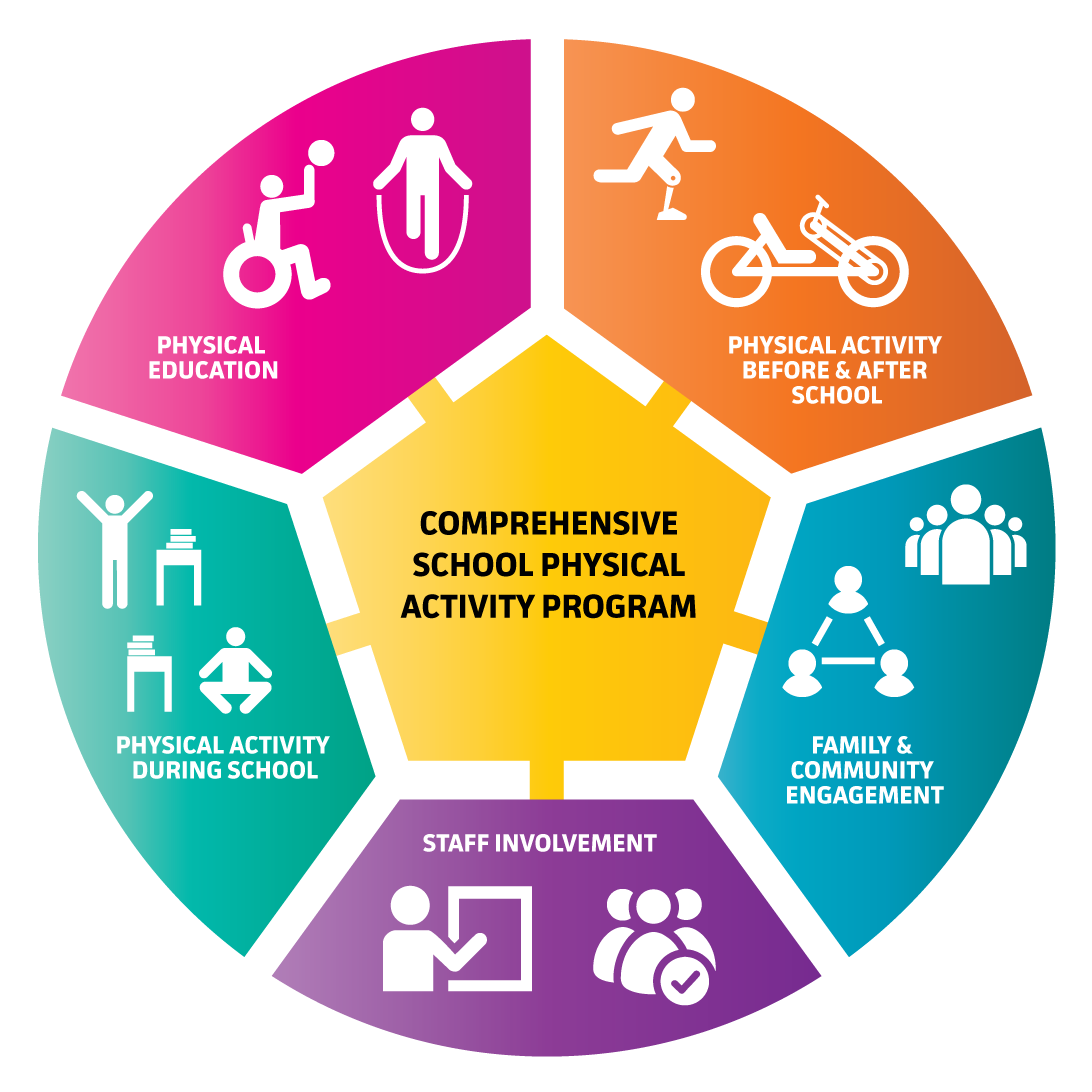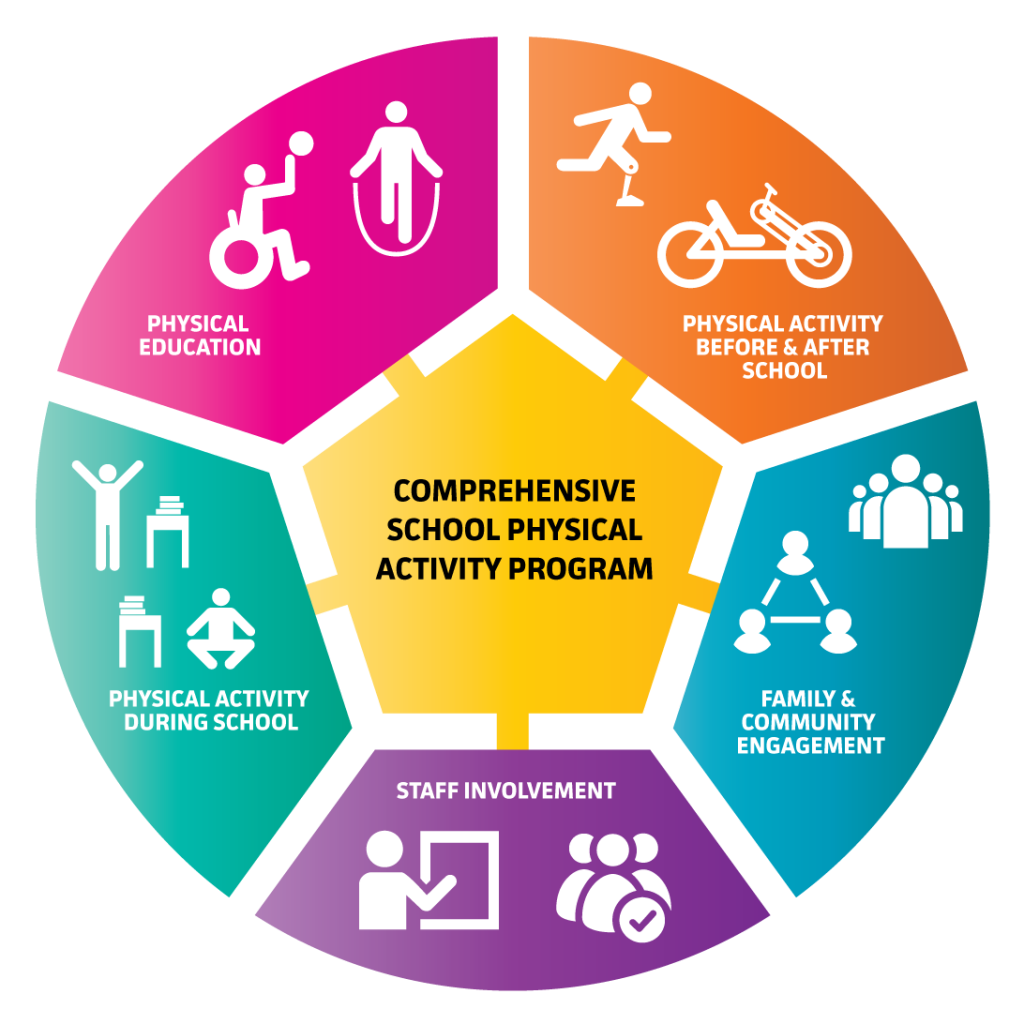Implementing Inclusive Practices in Sport Education Programs

In recent years, there has been growing recognition of the importance of inclusivity in sport education programs. All too often, traditional approaches to sports instruction may inadvertently exclude certain groups of students, such as those with disabilities or diverse cultural backgrounds. However, by adopting inclusive practices, educators can ensure that sport education programs are accessible and welcoming to all students, regardless of their individual abilities or circumstances.
One of the key principles of inclusive sport education is the recognition that every student has unique strengths and capabilities. Instead of focusing solely on competitive performance, educators should strive to create an environment where all students can participate and contribute in meaningful ways. This may involve modifying activities or providing additional support to accommodate students with disabilities or other special needs.
Another important aspect of inclusive sport education is promoting diversity and cultural awareness. By exposing students to a variety of sports and cultural perspectives, educators can help break down stereotypes and promote understanding and acceptance of differences. Additionally, incorporating elements of cultural diversity into sports instruction can make learning more engaging and relevant for students from diverse backgrounds.
Moreover, inclusive sport education can help promote social inclusion and reduce barriers to participation. By fostering a sense of belonging and acceptance, students are more likely to feel motivated to participate in sports and physical activities, regardless of their background or abilities. This not only benefits individual students but also contributes to building a more inclusive and cohesive school community.
In conclusion, implementing inclusive practices in sport education programs is essential for ensuring that all students have the opportunity to participate in and enjoy sports. By recognizing and accommodating the unique needs and abilities of each student, promoting diversity and cultural awareness, and fostering a sense of belonging and acceptance, educators can create inclusive sport education programs that benefit students of all backgrounds and abilities.



